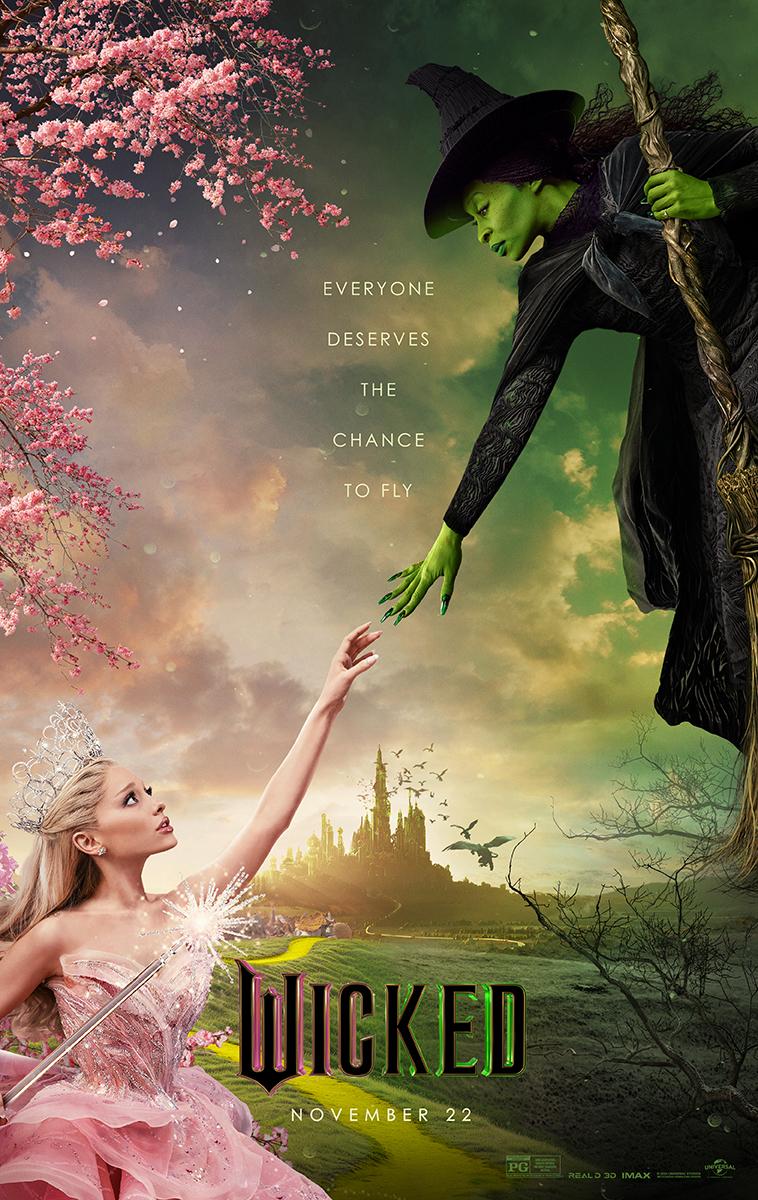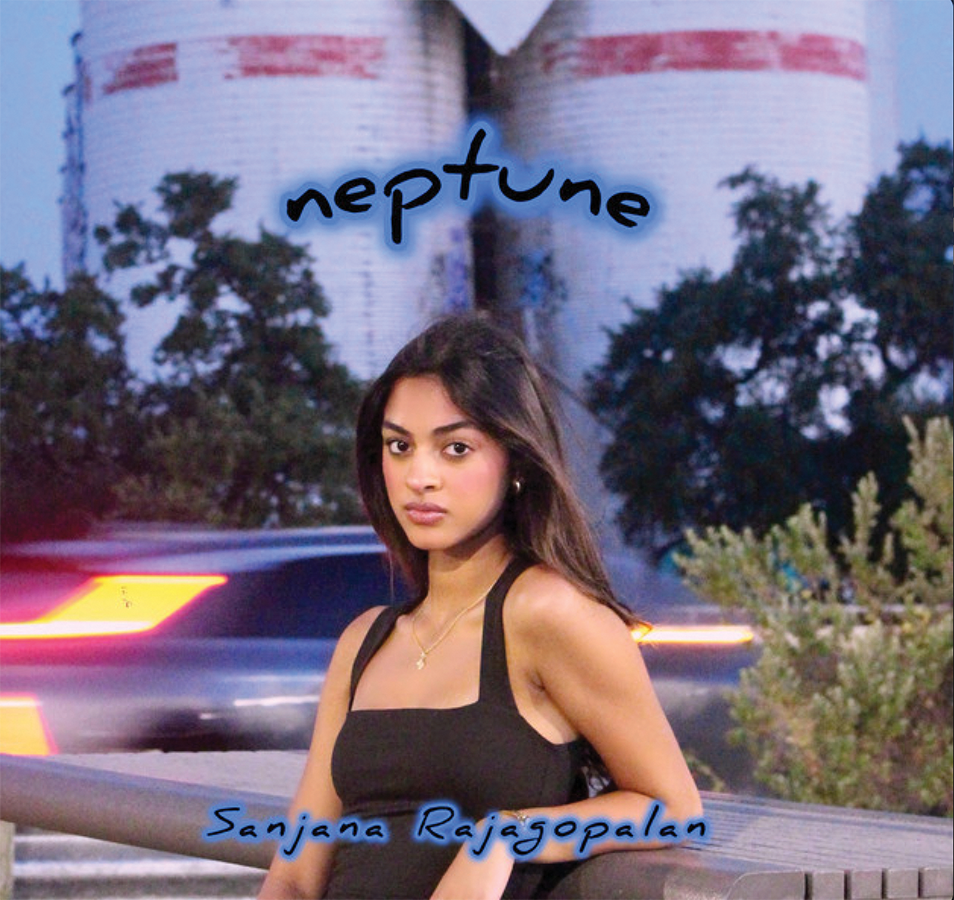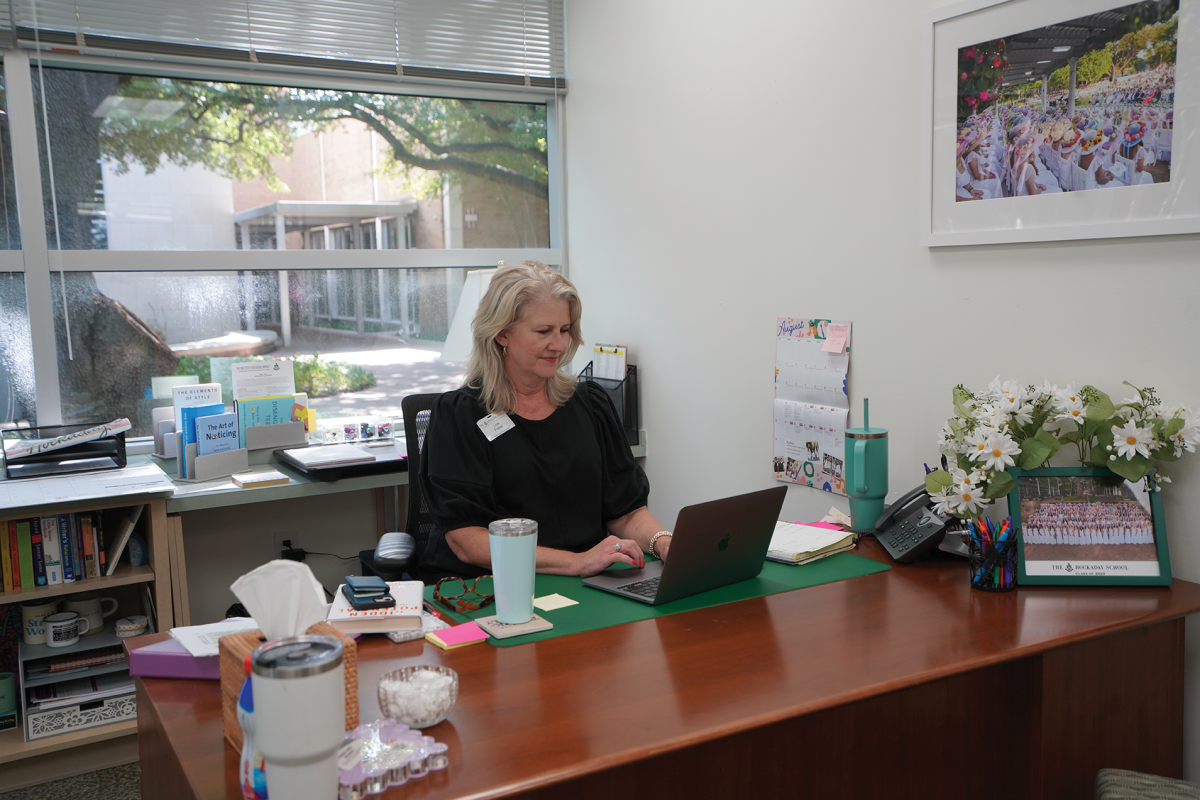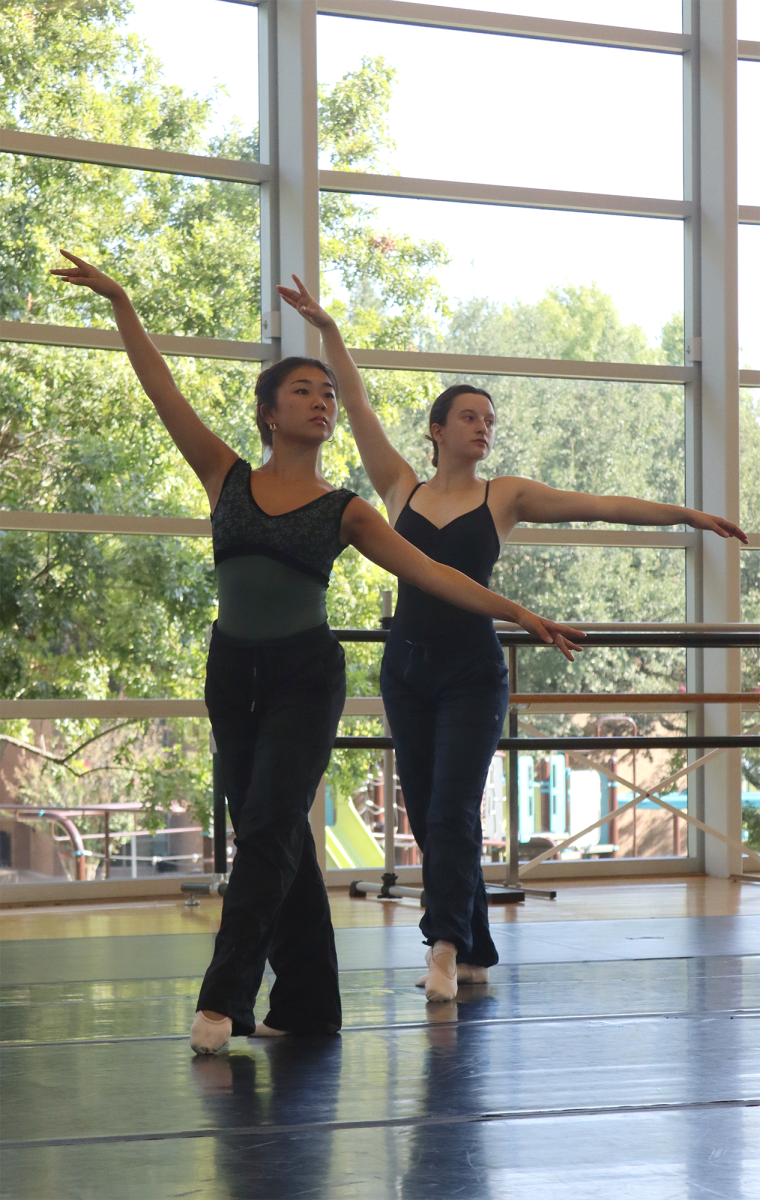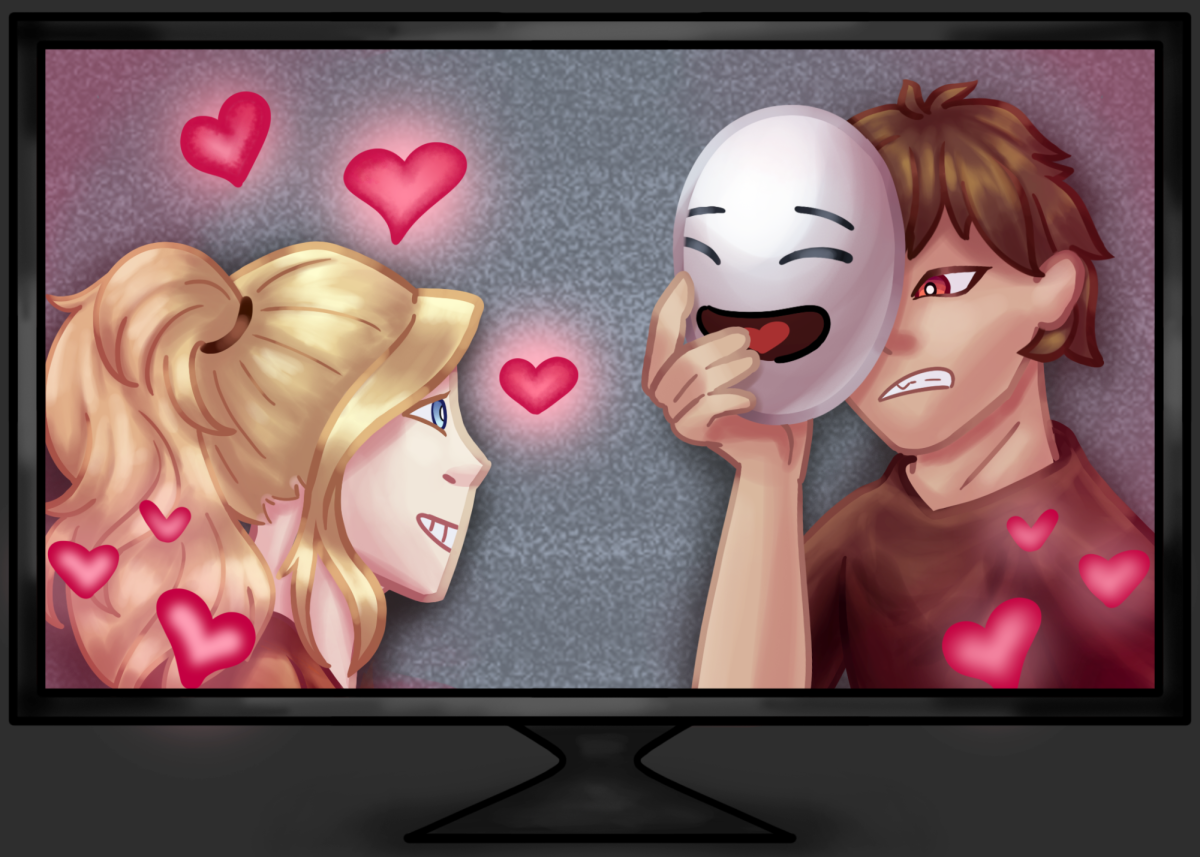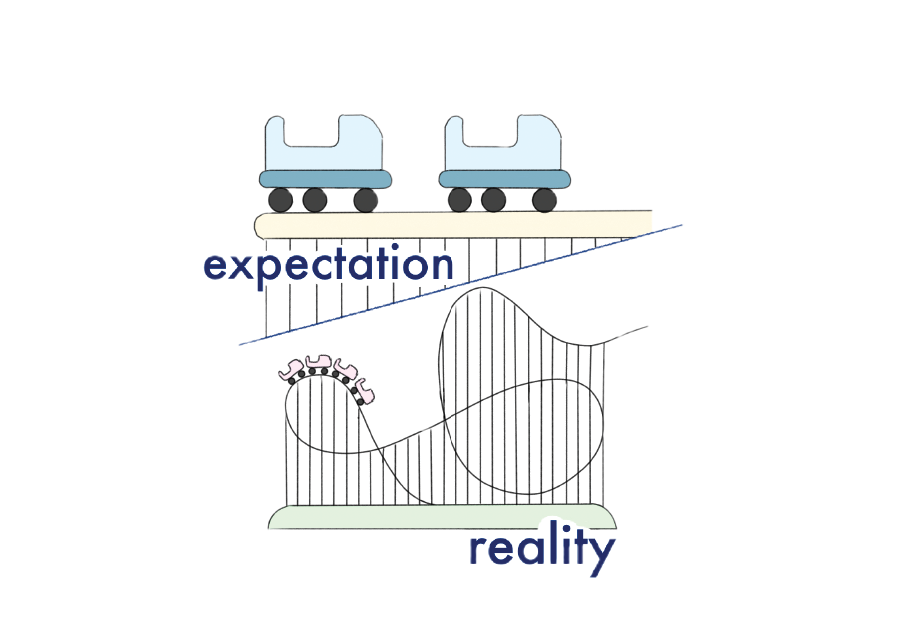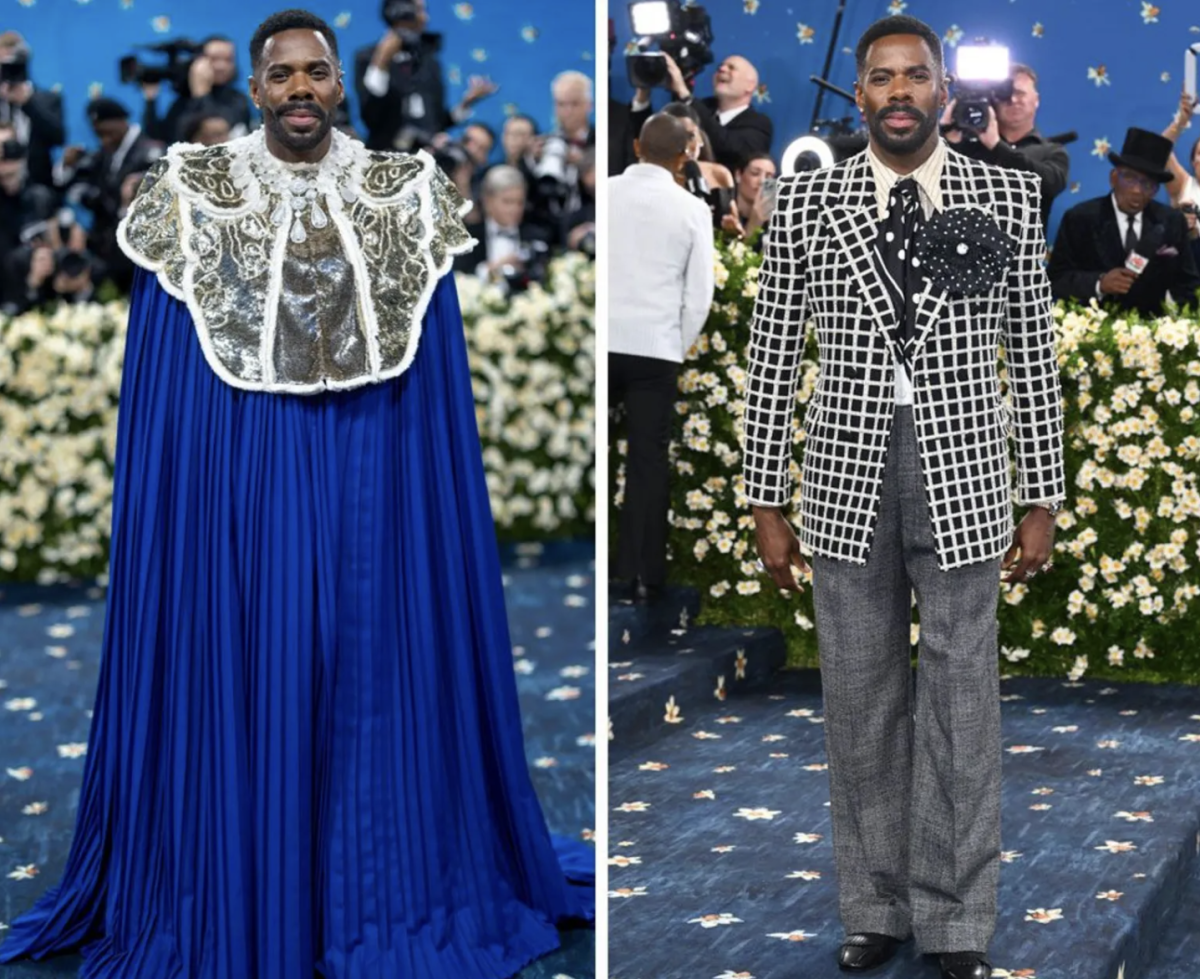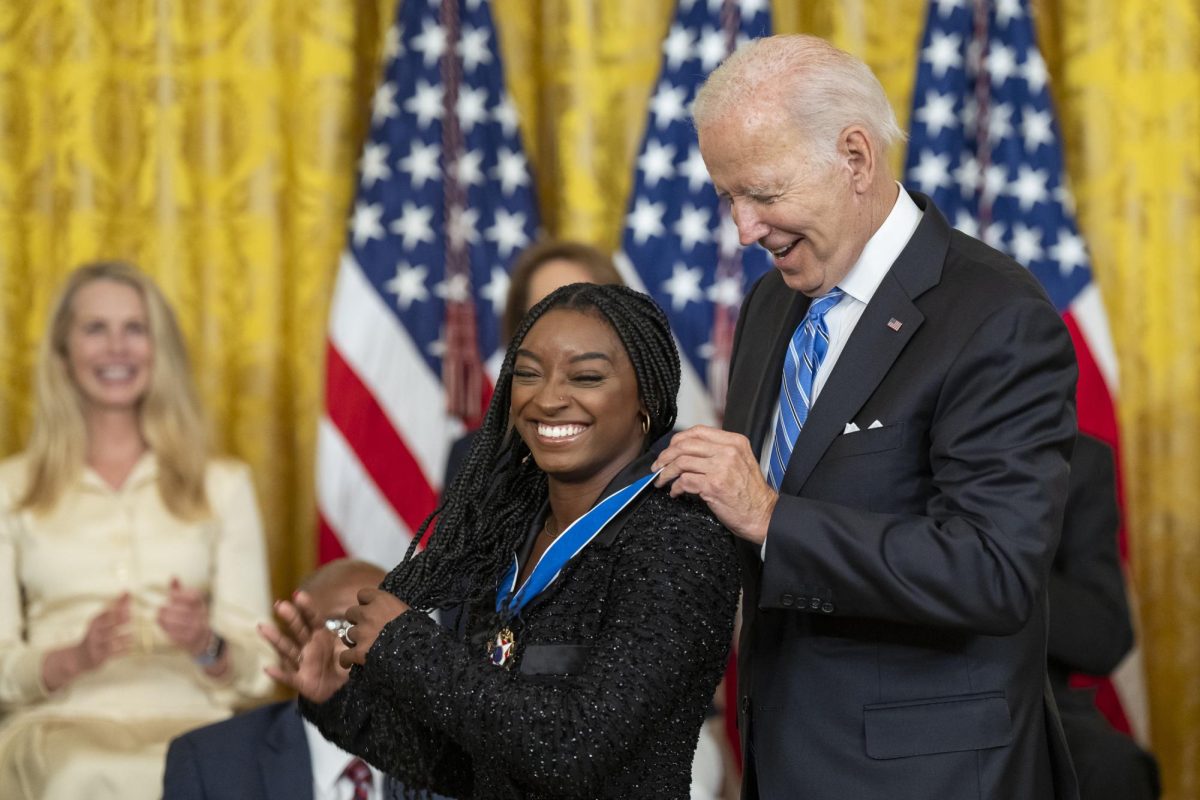It was unseasonably cold in the historic Gershwin Theatre when I took my seat earlier this summer. I was a little too short for my row, the woman in front of me was just a little too tall, and there was, of course, a screaming group of middle schoolers seated beside me.
I was irritated, tired, and freezing, feeling not an ounce of the so-called “Broadway magic.”
Yet the moment the lights dimmed, and the opening trumpets of “Wicked” began blowing across the darkened theater, I was instantly transported from the confines of New York to the Wonderful World of Oz, dazzled by the whirl of color and song.
It was beautiful, enchanting, and above all, magical.
So consequently, when news of “Wicked,” the film adaptation reached my ears, I questioned how any actor on-screen could capture the perfection I had witnessed on stage. But, last night, watching Cynthia Erivo and Ariana Grande bring their characters to life, I was no less enraptured.
“Wicked,” is a musical and cultural phenomenon based on Gregory Maguire’s 1995 novel, “Wicked: The Life and Times of the Wicked Witch of the West.” The award-winning show, which has now run on Broadway for over two decades, twists the traditional fairytale to explore the backstory of Oz’s most notorious villain: Elphaba, the Wicked Witch of the West.
Throughout the musical, we follow Elphaba’s evolution from a young woman scorned for the green color of her skin into the ultimate pariah and unfairly cast target for Oz’s hatred. The narrative particularly focuses on two central themes throughout the story: wickedness and society’s fear of those who are different.
“Are people born wicked, or do they have wickedness thrust upon them?” Glinda asked, in the opening number “No One Mourns the Wicked.”
In the film, Cynthia Erivo masterfully captured the spirit of Elphaba. The protagonist experiences a great deal of emotional pain thanks to the difference of her skin color, and Erivo’s ability to simultaneously balance Elphaba’s repressed emotions alongside her outward projection of strength added an incredible depth to the character.
The actress currently stands at the forefront of potential nominations for the next awards season, and her performance certainly places her within reach of a win.
However, while Erivo’s acting was superior, it was her vocals, above all, that truly molded the film into a worthy adaptation.
The actress absolutely smashed all expectations, particularly in the film’s final number “Defying Gravity,” (a power ballad comprised of intensely long and difficult notes) bringing the film to its conclusion and the audience to a round of applause in my theater.
I was personally astounded by the knowledge that both Erivo and Grande performed all the songs live on set, rather than lip syncing as actors do in most musical films— every number only seems more incredible in hindsight.
In parallel to Erivo, Grande, a widely renowned star in the music industry, shines as the secondary protagonist, as she combines her comedic chops and her incredible chemistry with Erivo to create a flawless Glinda. The Good Witch is a character who requires an artful balance between an airy, shallow facade and deeper, hidden feelings, and equal to Erivo, Grande portrays Glinda with emotional precision.
Particularly in the party scene at the Ozdust Ballroom, where Glinda witnesses Elphaba’s hidden heartache for the first time, Grande beautifully coaxes out the underlying empathy of her character. The intense emotional charge of this scene almost reduced me to tears, and it was one of my favorite moments in the film.
In terms of comedy, it was Grande’s scenes and her contrast with Erivo’s biting sarcasm that kept me, along with the rest of the audience, laughing throughout the duration of the film. Whether it was with Glinda’s self-centered monologues, ridiculous misunderstandings, or dramatic hair flips, Grande perfectly appealed to everyone’s sense of humor.
And of course, when it came to singing, Glinda’s operatic vocals certainly presented no challenge for Grande’s skill. The singer pulled them off with ease and flew through her duets with Erivo.
In all honesty, the film deserves an award for casting. While Erivo and Grande seem as though they were born to play Elphaba and Glinda, the supporting characters were spectacular as well.
Jonathan Bailey, well known for his leading role as Anthony in Netflix’s “Bridgerton,” capitalized on his charm and shined in his first major on-screen musical performance.
Though Bailey’s character, Fiyero, only briefly appears in the film, the actor still manages to establish the nuances of the Winkie prince and his underlying romantic tension with Elphaba, setting up the story for its next arc in the second film.
Academy Award winner Michelle Yeoh also graces the film as the secondary antagonist Madame Morrible. Yeoh’s character first appears as a harmless professor and later reveals herself to be a fear-mongering tyrant. While Yeoh’s take on villainy was well-done, she seemed more comfortable with the comedic side of her role, where she shined.
Madame Morrible’s frequent dismissal and hatred of Grande’s groveling teacher’s pet version of Glinda was perfect and outright hilarious in the first half of the film, and whether good or evil, Yeoh’s performance was outstanding enough to compensate for her lack of vocal ability, a weakness she openly advertised when she was first cast.
For the flipside of villainy, Jeff Goldblum, still a strong Hollywood favorite, plays the primary antagonist— the Wizard of Oz— with his own unique take, as always.
Goldblum brings his characteristic strangeness and absent-minded antics to the character, which strangely works in favor of creating the Wizard’s villainous nature. The actor’s glib careless portrayal works well with the Wizard’s hunger for power, as the lack of concern for others plays well into the character’s focus on ambition.
“Wicked’s” stunning cast of characters was beautifully complemented by the production, with its sweeping cinematography, innovative sets and spectacular costumes.
Oz is a society in which humans and animals participate as equals alike (at least in the beginning) and film pulls off CGI characters in a thoughtful way, managing to avoid the sometimes-disturbing effect. The film also only used graphics when absolutely necessary, relying more upon physical sets to world-build and create a sense of place.
For the costume department, Glinda’s wardrobe was a crowning achievement which encompassed nearly every shade of pink, and her gown in the opening number was one of the most beautiful I’ve ever seen. Erivo’s makeup for the role of Elphaba was also flawless and looked very natural despite it, obviously, being entirely green.
But while the acting and production of the film were spectacular, the adaptation lacked in one area in comparison to its live counterpart: the length and pacing of the story.
“Wicked,” the live musical runs for a length of three hours whereas the adaptation divides the same narrative into two separate parts— the first film alone spanning two hours and forty minutes.
While certain lovely backstory elements, such as glimpses into Elphaba’s childhood, or fun cameos with the original Broadway cast were added, much of what led to the baffling length of the film was completely unnecessary.
The portion of the story that encompassed life at Shiz was highly entertaining, so its extended inclusion was acceptable, though it could have been marginally shorter to avoid distracting from the plot (which it did).
What was truly exhausting, however, was spending 15-20 minutes just on the characters’ arrival in the Emerald City, during the span of which no real narrative advancement occurred.
The entire portion of the film in the city should have spanned a half hour, at the most, considering that there are only three songs, and failed hot-air balloon escapes and excessive destruction were absolutely unnecessary.
The extended duration of the film is perhaps its greatest adversary, because it makes it immensely difficult for the film to appeal to casual movie-goers, particularly those who aren’t already interested in musicals.
For those who make the leap to watch the lengthy film, “Wicked” functions as a worthy and unique adaptation of the beloved musical, and many of its minor flaws (the length above all!) certainly have room to be remedied in its much-awaited concluding installment.


